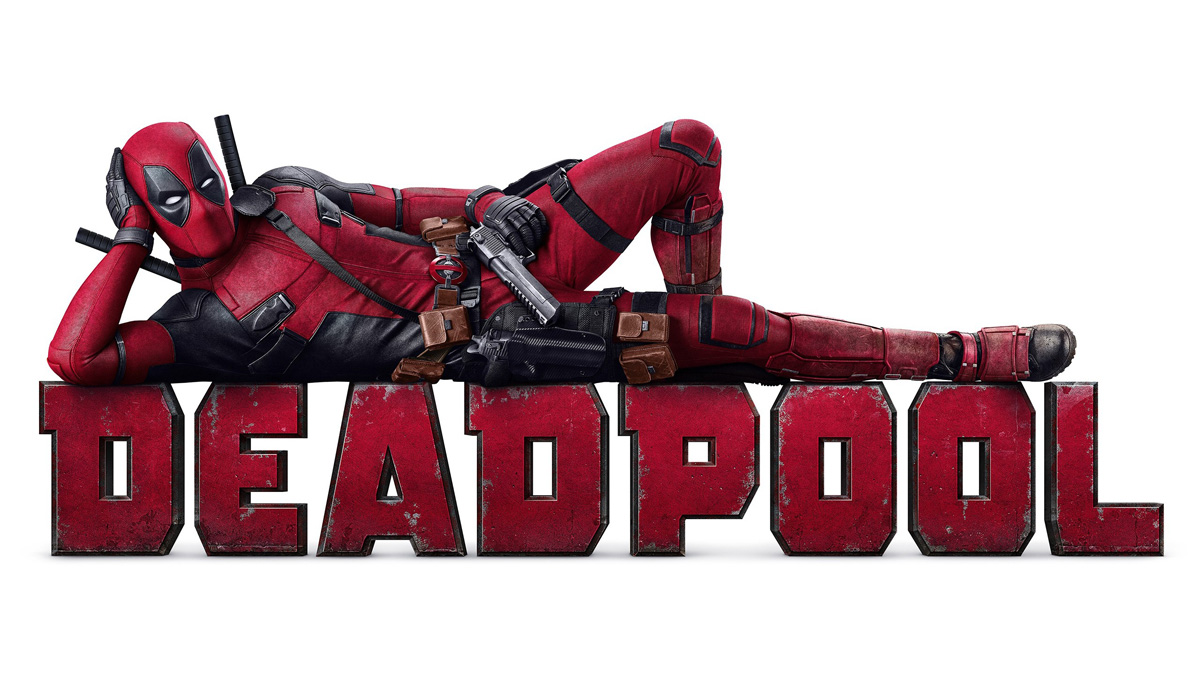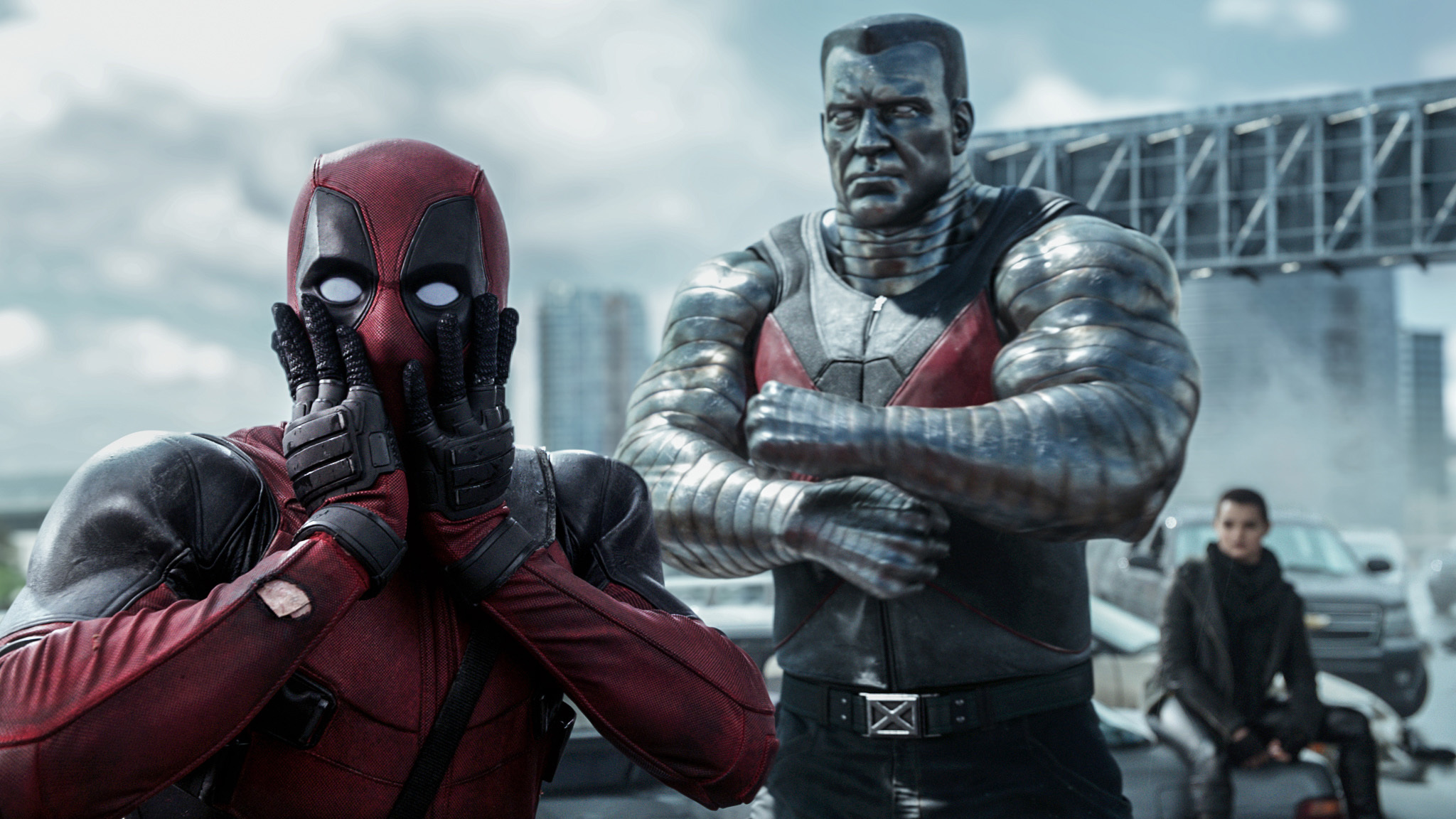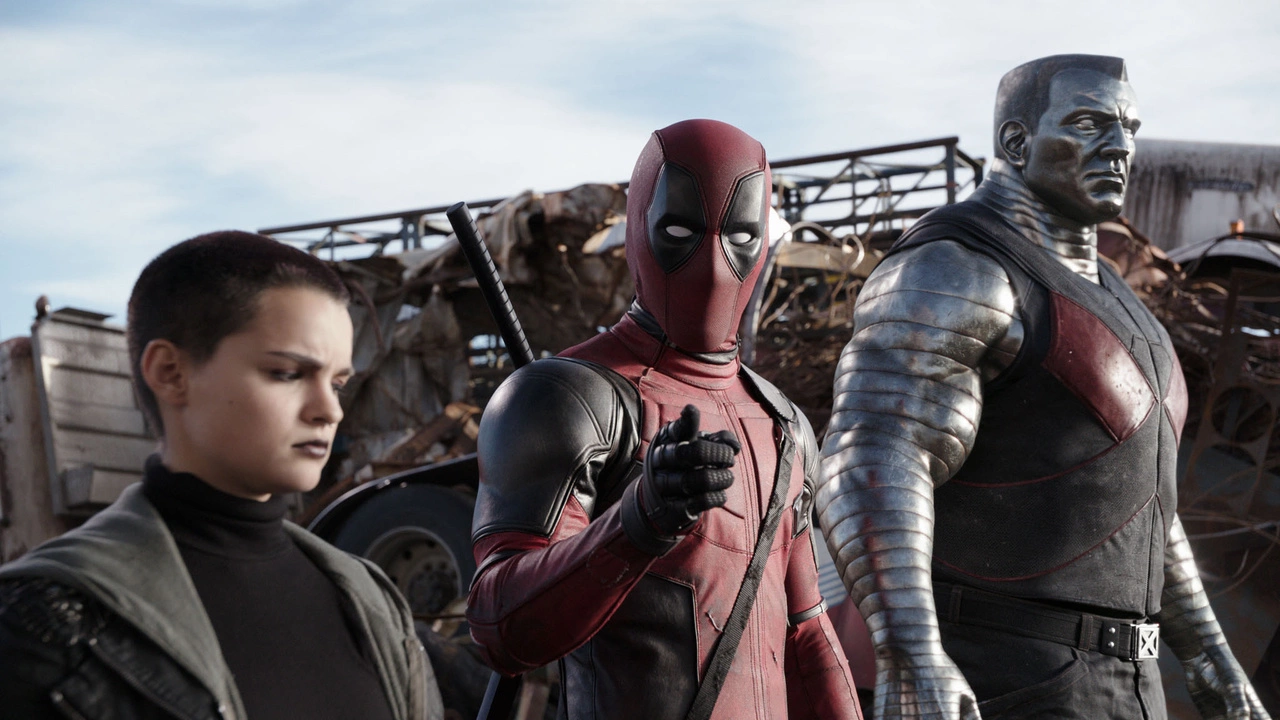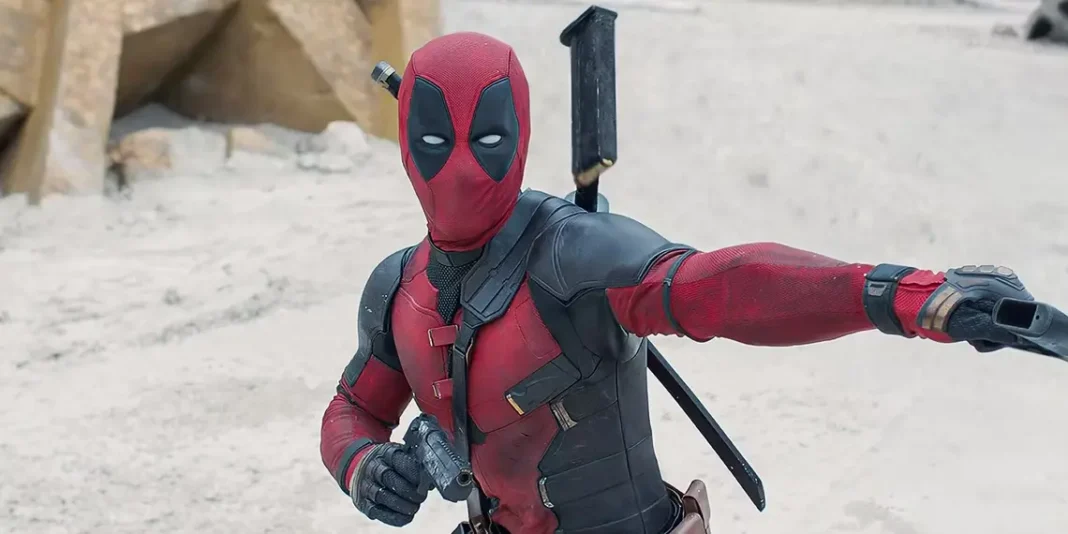Deadpool (2016)

Deadpool (2016), directed by Tim Miller and starring Ryan Reynolds, is a subversive and boundary-pushing entry into the superhero genre that broke away from the conventions of traditional comic book films. This R-rated film, based on the Marvel Comics character of the same name, stands out for its irreverent humor, fast-paced action, and bold approach to both the superhero narrative and the film’s tone. What makes Deadpool unique is its ability to blend dark humor with heart, action with wit, all while offering a fresh, meta-commentary on the superhero genre itself.
The story centers on Wade Wilson (Ryan Reynolds), a former special forces operative turned mercenary, who is diagnosed with terminal cancer. Desperate for a cure, Wade undergoes an experimental treatment, which not only miraculously cures his cancer but also leaves him disfigured. The procedure is performed by Ajax (Ed Skrein), a villainous figure who uses the treatment to create superhumans, but in the process, Wade is turned into a mutant with the ability to heal rapidly from almost any injury. Now, under the alter-ego Deadpool, Wade embarks on a violent and humorous quest for revenge against Ajax, all while trying to reunite with his beloved Vanessa Carlysle (Morena Baccarin), whose life has been torn apart by his transformation.

One of the most striking aspects of Deadpool is the way it deconstructs the typical superhero origin story. Deadpool himself is acutely aware that he is a comic book character, often breaking the fourth wall to speak directly to the audience in sarcastic asides or self-deprecating humor. This meta-awareness allows the film to play with the usual tropes of superhero films while still delivering the action-packed sequences fans expect. The film mocks and subverts superhero conventions, taking shots at everything from overly serious plotlines to the typical good-vs-evil dynamic, all while staying true to the essence of its character. Deadpool is morally ambiguous, selfish, and even deeply flawed, yet Reynolds’ charisma and perfect comedic timing make him a compelling protagonist.
The film’s humor is another standout feature, blending crude, irreverent jokes with pop culture references and meta-commentary. From the opening credits, which hilariously deconstruct the typical superhero film credit sequence, to the many references to Reynolds’ own career, Deadpool doesn’t shy away from being brash and self-aware. It’s this unconventional tone that helped it stand out from the wave of more traditional superhero films that dominated the box office, making it a critical and commercial success. The humor is dark, often bordering on raunchy, but it is also genuine and often laced with a sense of emotional depth, especially in the moments between Wade and Vanessa.
Ryan Reynolds’ performance is nothing short of iconic. He brings a perfect blend of charm, cynicism, and vulnerability to the role, embodying a character who is as quick-witted as he is tragic. The character of Deadpool is known for his constant jokes and banter, and Reynolds nails this aspect of the role. The film also presents a surprisingly emotional core in its depiction of Wade’s love for Vanessa. Despite all the humor and chaos, the relationship between Wade and Vanessa adds a heartfelt layer to the film, grounding the story in genuine emotion. This balance of comedy, violence, and heart is what makes Deadpool so successful.
The action in Deadpool is frenetic and expertly choreographed, with plenty of intense fight scenes, gunplay, and, of course, the trademark violence that comes with Deadpool’s powers of regeneration. These sequences are often punctuated by humor, making them as entertaining as they are brutal. The film’s tone matches the chaotic, violent nature of its hero, where no fight scene is ever too serious or too restrained.
The supporting cast in Deadpool is also worth noting, with T.J. Miller providing comedic relief as Wade’s best friend and bartender, Weasel, and Colossus (voiced by Stefan Kapičić), a larger-than-life, moralistic mutant, offering a hilarious contrast to Deadpool’s anarchic ways. Negasonic Teenage Warhead (Brianna Hildebrand), a surly teenage mutant, adds to the film’s humor with her deadpan demeanor and sarcastic banter with Deadpool.
Deadpool’s success can be attributed to its balance of crude humor, heart-pounding action, and emotional resonance. It turned the superhero genre on its head by embracing irreverence and breaking the typical conventions that govern superhero films. What could have been a standard action film with a zany protagonist became something more—an exploration of love, identity, and revenge, wrapped in a bundle of chaotic humor and explosive action. The film’s bold approach to violence, humor, and its no-holds-barred portrayal of its antihero made it a phenomenon, not only revitalizing Ryan Reynolds’ career but also proving that superhero films didn’t have to adhere to the same tired formulas to succeed.
In the end, Deadpool is a fresh and exhilarating ride that balances humor, action, and emotion in a way few films in the genre have done before. It marked a turning point for superhero movies, setting a new bar for irreverent, R-rated comic book adaptations, and setting the stage for the sequel, which would continue to push boundaries even further. With its blend of sharp wit, brutal action, and heartfelt moments, Deadpool stands as a unique and landmark film in the superhero genre.











